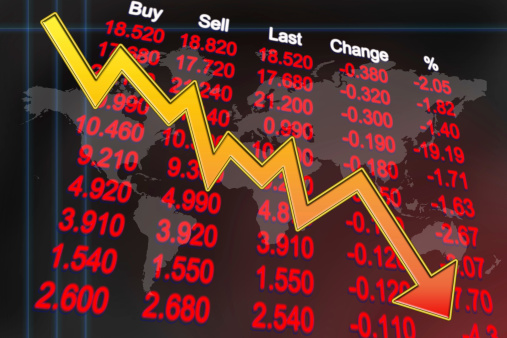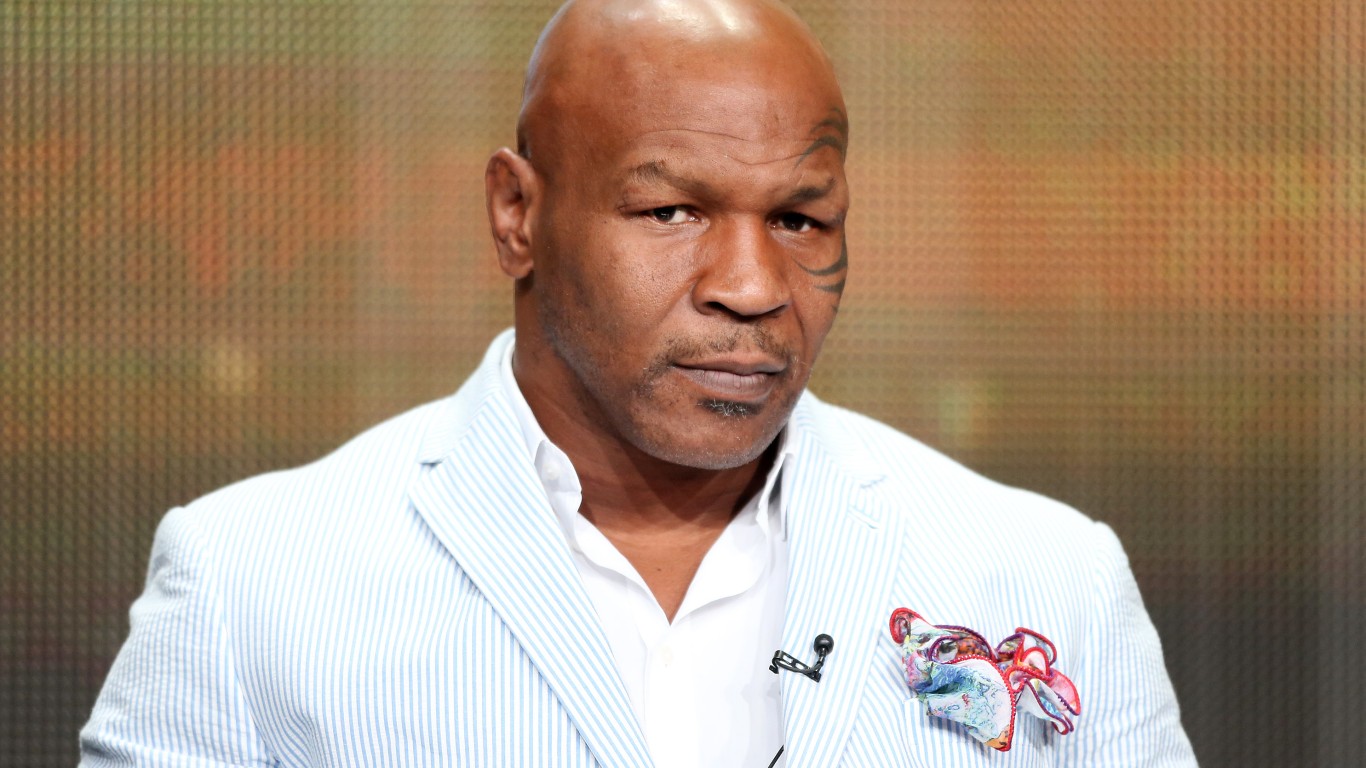Twitter Inc. (NYSE: TWTR) is finally getting the day that it deserves. The problem is not so much in the service, but in what investors were trying to believe that the social media website was worth. As a reminder, Twitter investors at one point were paying close to 70 times revenues.
Twitter had its first full quarter as a public company, with earnings per share of $0.00 on revenues of $250 million. The Thomson Reuters estimates for the first quarter called for an EPS loss of $0.03 and $241.47 million in revenue. In the fourth quarter of 2013, Twitter’s first real public earnings report around 90 days ago, the social media outfit reported EPS of $0.02 on revenues of $242.68 million.
Twitter claimed 255 million monthly active users (MAUs), up 25% from a year ago, but up only 5.8% sequentially. Mobile MAUs rose 31% year-over-year to 198 million.
So, on the day after the report, we wanted to see what happened to valuations now. Nothing was enough to change estimates much ahead. Shares closed at $42.62 on Tuesday, yet the reaction on Wednesday broke under its post-IPO trading range of $38.80 to $74.73. Twitter shares were down 9.8% at $38.41 on almost 25 million shares right before the noon hour on Wednesday.
Twitter CEO Dick Costolo told CNBC’s Carl Quintanilla in a brief interview that he wants to grow margins and is not planning a secondary offering.
On margins, Costolo said:
I am focused on three things — growth, operating efficiency, and operating leverage. … On steadily improving margins. As a high growth company, what I want to make sure we are doing is not starving the growth engine while constantly focusing internally on getting better and better at operating efficiency and operating leverage in service to margins.
On a secondary offering, Costolo said:
We have no current plans to have a secondary offering … because most of our major shareholders have no desire for immediate liquidity.
So, with a market cap of $21.6 billion, even after the drop, what is Twitter’s stock market valuation? This is worth almost 17.5 times expected 2014 revenue and almost 11 times expected 2015 revenue. Pricey, very pricey.
On expected earnings, Twitter trades at more than 1,000 times expected 2014 earnings — and a “mere” 175 times expected 2015 earnings per share. How cheap does that sound?
Twitter maintained a monstrous IPO price due to its dominance and its excessive growth. We have said over and over that Twitter’s biggest issue is that, while it may help stars and celebrities get a product message or opinion, that Twitter actually demonetizes news and content by and large.
RBC still tries to maintain that Twitter is a $60 stock. Elsewhere, the messaging company was maintained cautiously and the target was cut to $40 from $45 at Cantor Fitzgerald.
Maybe it sounds cheap on the surface now that shares have come close to being chopped in half from the peak. With a flood of locked-up shares soon to hit the market, Twitter just remains far from cheap by any traditional measurement.
ALSO SEE: Social Media Stocks’ Slump Not Yet Over
Cash Back Credit Cards Have Never Been This Good
Credit card companies are at war, handing out free rewards and benefits to win the best customers. A good cash back card can be worth thousands of dollars a year in free money, not to mention other perks like travel, insurance, and access to fancy lounges. See our top picks for the best credit cards today. You won’t want to miss some of these offers.
Flywheel Publishing has partnered with CardRatings for our coverage of credit card products. Flywheel Publishing and CardRatings may receive a commission from card issuers.
Thank you for reading! Have some feedback for us?
Contact the 24/7 Wall St. editorial team.

